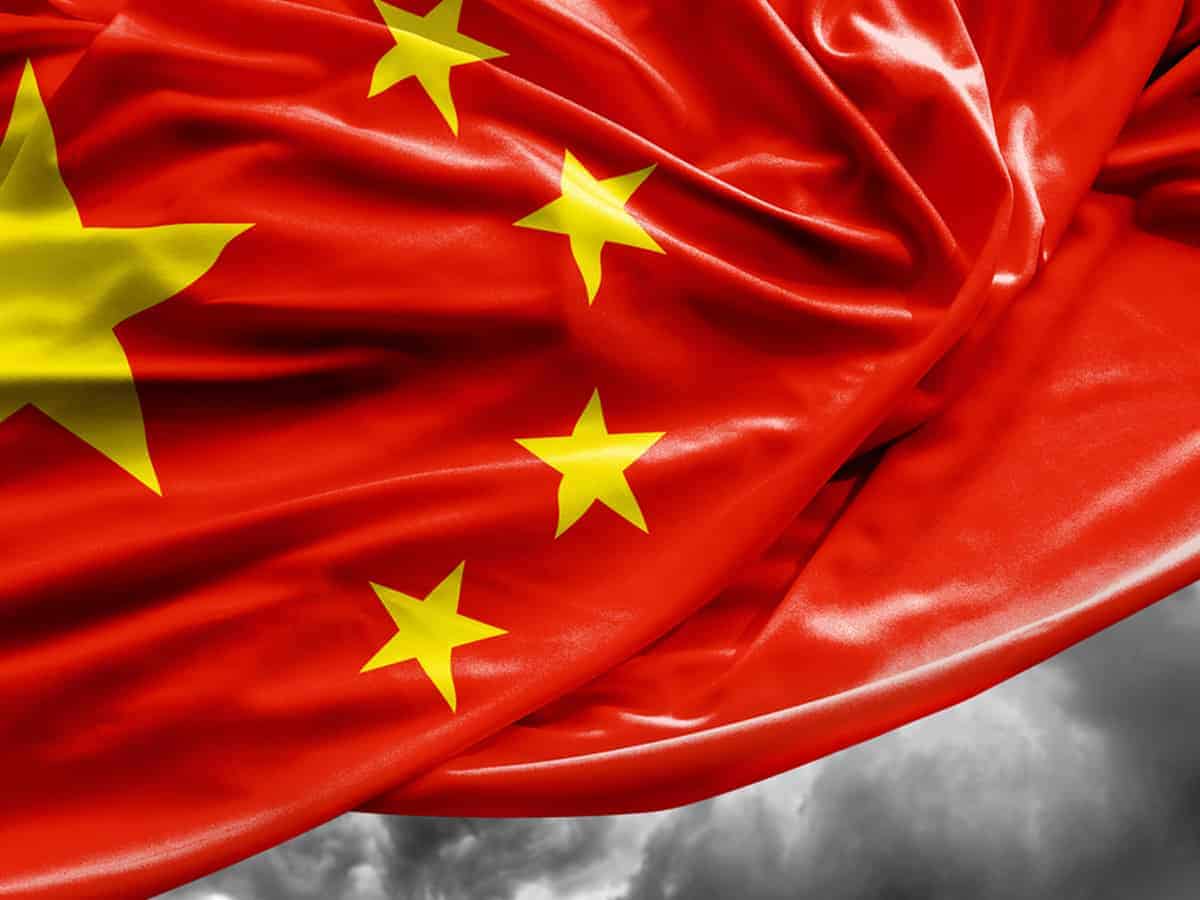
Beijing: China has started to increase its footprint in the Middle East by helping the countries in the region in their weaponisation program.
The Americans are worried that their attempts to restrain the nuclear dreams of Iran may come to a naught as China is expected to speed up its nuclear armament plans because of archrival Saudi Arabia’s missile program writes Dr. Valerio Fabri for the Geopolitica.
Satellite images showed Saudi Arabian sites “previously constructed with Chinese assistance” where the missiles were being built. “Satellite photos taken by Planet, a commercial imaging company, between October 26th and November 9th last year show a burn operation occurred at a facility near Dawadmi, Saudi Arabia, according to the Middlebury Institute of International Studies.
The Saudi ballistic missile program has heightened concerns among members of US Congress over a “potential arms race in the Middle East.”
Two reasons are being put forward for Saudi’s ballistic missile program. The first is that though Saudi is among the biggest buyers of American arms, it is barred from purchasing ballistic missiles from the US under regulations set forth by the 1987 Missile Technology Control Regime, according to Geopolitica.
Secondly, with the US gradually withdrawing itself, politically and physically, from the Middle East theatre, China quickly entered the picture as if to fill the gap and engineered a working relationship with Saudi on the missile program.
As first Barack Obama and then Donald Trump initiated US policy to disengage from the Middle East, China’s influence in the region has been growing, also in tandem with the Belt and Road Initiative (BRI), writes Dr. Fabri for the Geopolitica.
As of date, China is the biggest buyer of oil from the Middle East – 72 per cent of oil is imported from the region.
Further, China has established comprehensive strategic partnerships with Algeria, Egypt, Iran, Saudi Arabia, and the UAE, as well as strategic partnerships with Djibouti, Iraq, Jordan, Kuwait, Morocco, Oman, Qatar, and Turkey all coinciding with the expansion of the BRI.
Through its Belt and Road Initiative, a more assertive Beijing seeks to put China at the centre of global trade and at the same time place the Digital Silk Road in the leading position of technological innovation, helping jumpstart digital development in the region. Telecommunication companies in Bahrain, Egypt, Kuwait, Saudi Arabia, and the UAE have all partnered with Huawei to build 5G networks, as reported by Geopolitica.
The US is beginning to realise that Chinese influence is growing in the region and that, along with its permanent seat on the UN Security Council, ensures that its global influence will only increase over time.
That is probably why Gulf Cooperation Council (GCC) states view China as an important source of political support particularly when they are embarking on diversification programmes and selective economic reforms while resisting Western pressure on issues such as human rights and democratization, as analyzed by Geopolitica.



